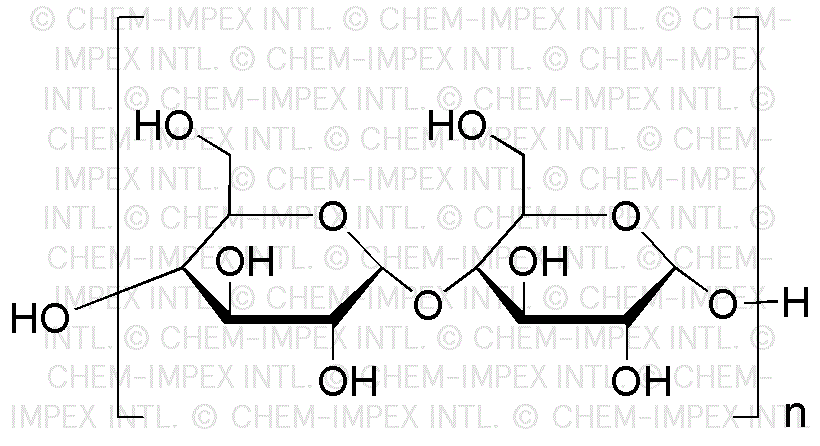Starch from corn is widely utilized in research focused on:
- Food Industry: As a thickening agent and stabilizer in sauces, soups, and dressings, enhancing texture and mouthfeel.
- Biodegradable Plastics: Used in the production of eco-friendly packaging materials, offering a sustainable alternative to traditional plastics.
- Pharmaceuticals: Serves as a binding agent in tablet formulations, improving the consistency and effectiveness of medications.
- Cosmetics: Acts as a natural absorbent in powders and creams, providing a smooth application and enhancing product performance.
- Textile Industry: Employed as a sizing agent in fabric production, improving the strength and finish of textiles.
Informations générales
Propriétés
Sécurité et réglementation
Applications
Starch from corn is widely utilized in research focused on:
- Food Industry: As a thickening agent and stabilizer in sauces, soups, and dressings, enhancing texture and mouthfeel.
- Biodegradable Plastics: Used in the production of eco-friendly packaging materials, offering a sustainable alternative to traditional plastics.
- Pharmaceuticals: Serves as a binding agent in tablet formulations, improving the consistency and effectiveness of medications.
- Cosmetics: Acts as a natural absorbent in powders and creams, providing a smooth application and enhancing product performance.
- Textile Industry: Employed as a sizing agent in fabric production, improving the strength and finish of textiles.
Documents
Fiches de données de sécurité (FDS)
La FDS fournit des informations de sécurité complètes sur la manipulation, le stockage et l’élimination du produit.
Spécifications du produit (PS)
Le PS fournit une description complète des propriétés du produit, notamment sa composition chimique, son état physique, sa pureté et les exigences de stockage. Il détaille également les plages de qualité acceptables et les applications prévues du produit.
Certificats d'analyse (COA)
Recherchez des certificats d'analyse (COA) en saisissant le numéro de lot du produit. Les numéros de lot et de lot se trouvent sur l'étiquette d'un produit, après les mots « Lot » ou « Lot de fabrication ».
Numéro de catalogue
Numéro de lot/série
Certificats d'origine (COO)
Ce certificat d'exploitation confirme le pays dans lequel le produit a été fabriqué, et détaille également les matériaux et composants utilisés et s'il est issu de sources naturelles, synthétiques ou autres sources spécifiques. Ce certificat peut être requis pour les douanes, le commerce et la conformité réglementaire.
Numéro de catalogue
Numéro de lot/série
Fiches de données de sécurité (FDS)
La FDS fournit des informations de sécurité complètes sur la manipulation, le stockage et l’élimination du produit.
DownloadSpécifications du produit (PS)
Le PS fournit une description complète des propriétés du produit, notamment sa composition chimique, son état physique, sa pureté et les exigences de stockage. Il détaille également les plages de qualité acceptables et les applications prévues du produit.
DownloadCertificats d'analyse (COA)
Recherchez des certificats d'analyse (COA) en saisissant le numéro de lot du produit. Les numéros de lot et de lot se trouvent sur l'étiquette d'un produit, après les mots « Lot » ou « Lot de fabrication ».
Numéro de catalogue
Numéro de lot/série
Certificats d'origine (COO)
Ce certificat d'exploitation confirme le pays dans lequel le produit a été fabriqué, et détaille également les matériaux et composants utilisés et s'il est issu de sources naturelles, synthétiques ou autres sources spécifiques. Ce certificat peut être requis pour les douanes, le commerce et la conformité réglementaire.


